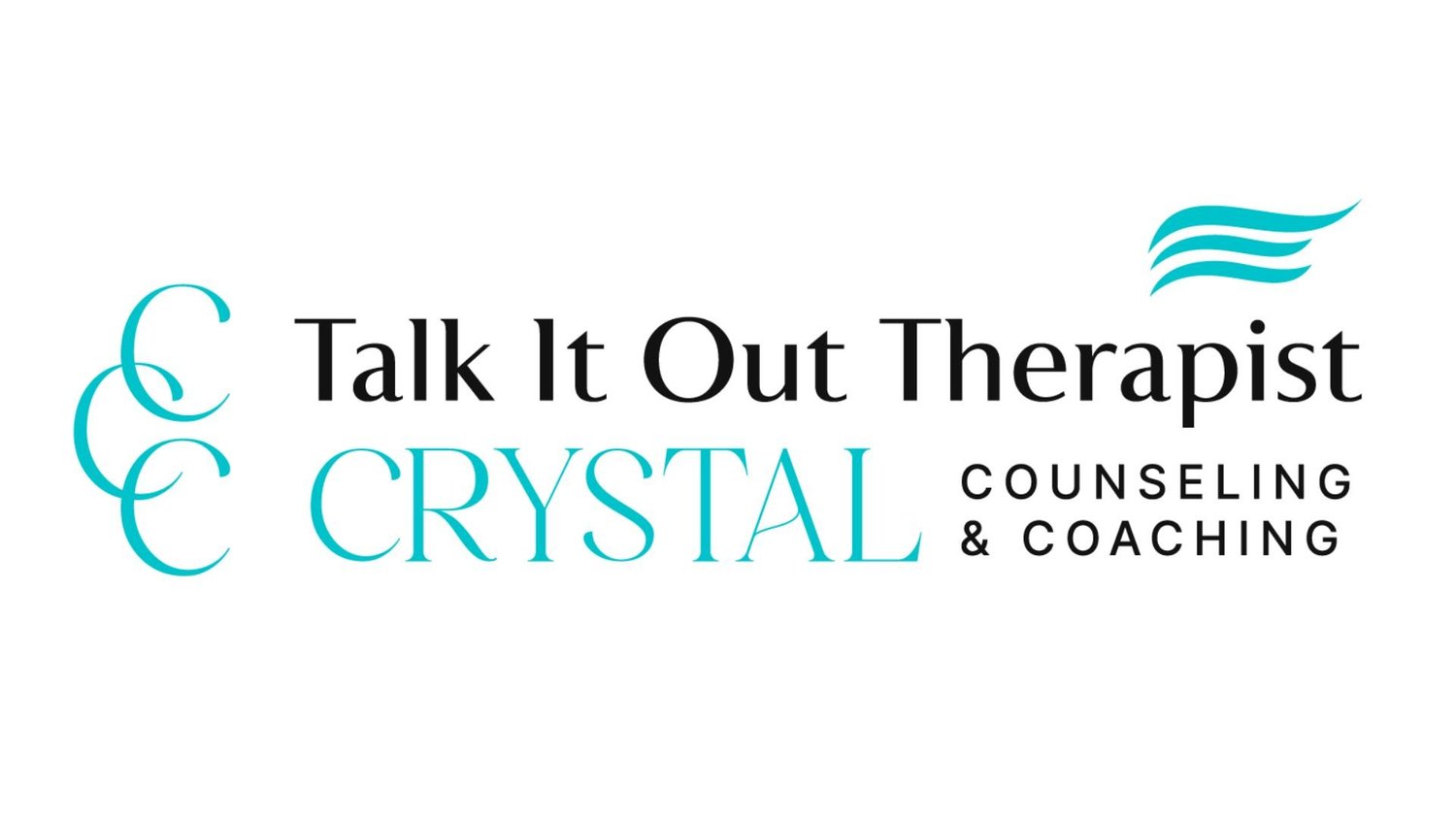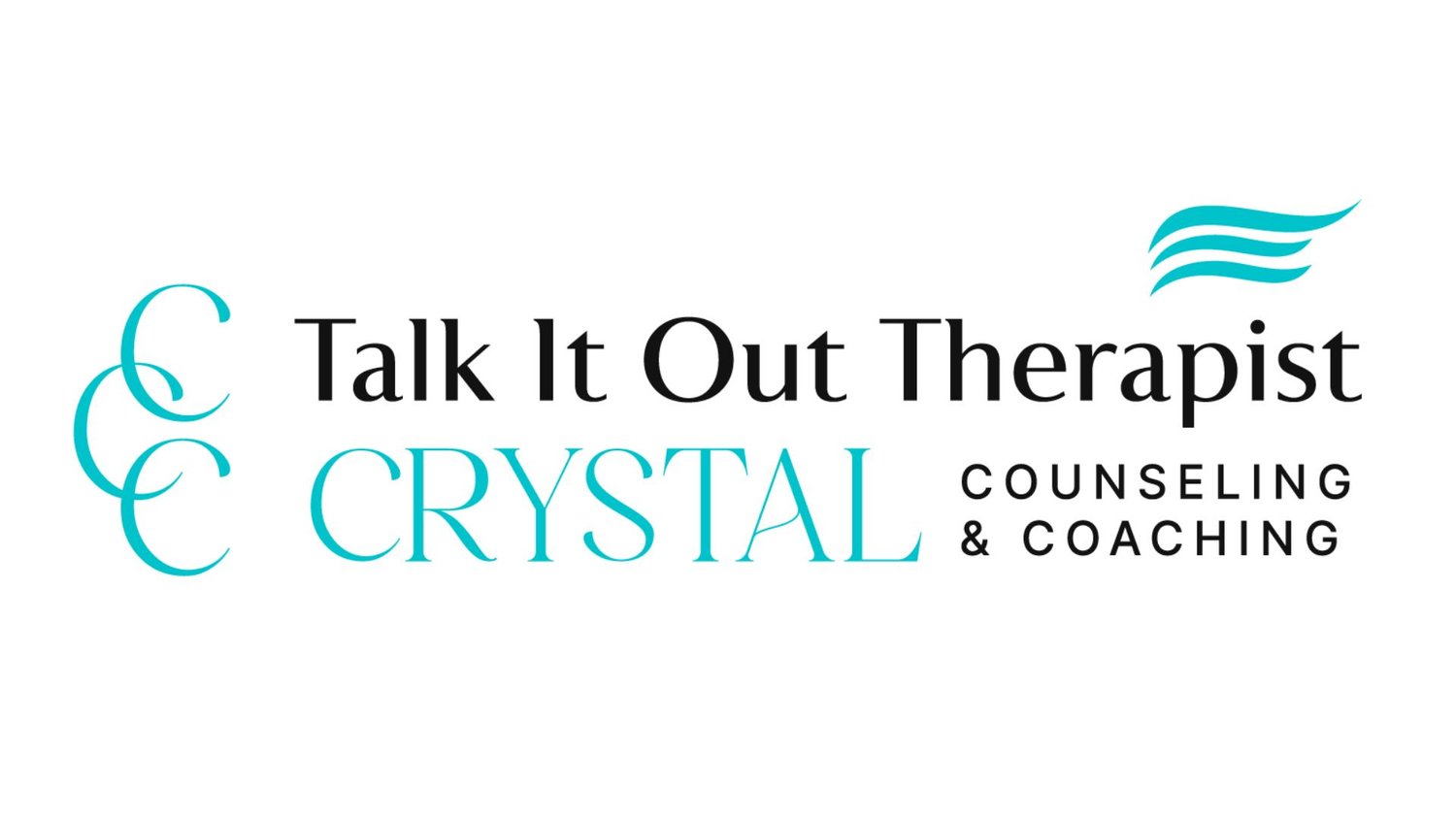
Group Therapy
“In the Company of Others, We Find Healing, Forge Deep Connections, and Grow Stronger Together. Join Our Group Therapy Journey Today."
Unlocking Healing Potential with Group Therapy
Group therapy can be a powerful tool for personal growth and healing. Unlike individual therapy sessions, group counseling involves a therapist leading a group of individuals who share similar struggles or challenges. Group therapy sessions are becoming increasingly popular across the United States due to their accessibility and effectiveness.
The group therapy process typically involves weekly sessions that focus on specific topics or goals. Group therapy techniques can include cognitive-behavioral therapy, psychodynamic therapy, and interpersonal therapy. In addition to these techniques, process groups are often utilized in group therapy to facilitate healing and personal growth by allowing individuals to explore their thoughts and emotions in a safe, supportive setting.
Key Takeaways:
Group therapy is a powerful tool for personal growth and healing.
The therapy process involves weekly sessions that focus on specific topics or goals.
Group therapy techniques can include cognitive-behavioral therapy, psychodynamic therapy, and interpersonal therapy.
Process groups are often utilized in group therapy to facilitate healing and personal growth.
Understanding Group Therapy
Group therapy is a form of therapy where individuals come together in a safe and supportive environment to discuss their issues and concerns. The therapy sessions are led by a trained mental health professional and may involve a group of six to ten individuals. Participants can be dealing with a variety of issues such as mental health problems, relationship issues or life transitions.
The main purpose of group therapy is to provide a safe space for individuals to share their experiences, emotions and thoughts with others who may be experiencing similar challenges. Group therapy can be beneficial in numerous ways - it allows participants to gain new perspectives, learn coping skills, and feel less alone in their struggles.
The benefits of participating in group therapy sessions are numerous. Group therapy provides a supportive environment where individuals can gain new insights into their behaviors and thought patterns. The therapy process also facilitates the development of new skills and coping mechanisms. Additionally, group therapy can improve communication and socialization skills by providing opportunities for individuals to practice interacting with others in a safe and controlled setting.
How Group Therapy Works
Group therapy offers a unique therapeutic experience that encourages members to interact with each other, share experiences, and develop self-awareness. The group therapy process is designed to create a supportive and non-judgmental environment where individuals can feel safe and comfortable expressing themselves.
The group therapy process usually begins with an initial assessment and orientation session. During this session, the therapist explains how the group operates, establishes goals for therapy, and discusses confidentiality. Members are encouraged to share their reasons for wanting to participate in the group.
The techniques used in group therapy vary depending on the therapist's approach and goals for the group. However, some common techniques include group discussions, role-playing, and group exercises. These techniques facilitate engagement with other members of the group.
In process groups, the emphasis is on exploring how individuals interact with each other and developing self-awareness. This exploration leads to increased insight and personal growth. Members are encouraged to express their feelings, identify patterns in their behavior, and practice new interpersonal skills.
The group therapy process often involves a series of regular sessions, which may be open or closed. Open groups allow members to join at any time, while closed groups have a set number of sessions and are closed to new members after the initial assessment.
Group Therapy for Mental Health
Group therapy can be an effective tool for managing mental health issues such as anxiety, stress, and depression. Unlike traditional one-on-one therapy, group therapy allows individuals to connect with others who are going through similar struggles.
Group therapy provides a supportive environment where individuals can share their experiences, learn from others, and gain insight into their own behaviors and thought patterns. It can also help individuals develop new coping skills and ways of managing their symptoms.
Research has shown that group therapy can be as effective as individual therapy for treating certain mental health conditions. Additionally, group therapy provides a sense of community and belonging that can be particularly helpful for individuals who feel isolated or alone in their struggles.
Many mental health professionals offer group therapy sessions, and there are also support groups available for specific conditions such as anxiety disorders or depression.
Overall, group therapy can be a valuable resource for individuals looking to manage their mental health and connect with others who understand their experience.
Benefits of Group Therapy
Group therapy has many benefits, particularly for those struggling with mental health issues such as anxiety, stress, and depression. Being a part of a support group can provide individuals with a sense of belonging and validation, which can be difficult to find in other settings.
Group therapy sessions offer a safe and nurturing space where individuals can share their experiences and emotions with others who are going through similar struggles. This can lead to a sense of relief and emotional catharsis, which can be incredibly powerful in the healing process.
Furthermore, group therapy provides an opportunity for individuals to learn from others and gain new perspectives on their own experiences. This can help individuals develop new coping mechanisms, problem-solving skills, and ways of relating to others.
Finally, group therapy can be a valuable resource for those who may not have access to individual therapy due to financial or logistical reasons. Group therapy sessions are often more affordable and accessible than individual sessions, making them a viable option for many people.
Support Group Benefits
Support groups are a specific type of group therapy that can provide additional benefits beyond traditional group therapy sessions. Support groups are typically led by a facilitator who has a personal understanding of the issues being discussed, such as a cancer survivor leading a cancer support group.
Support groups offer a unique sense of community and camaraderie, as members typically share a common experience or background. This can lead to a deep sense of empathy and understanding, as well as a strong sense of social support and validation.
Moreover, support groups can provide individuals with practical advice and resources, such as tips for managing symptoms or navigating the healthcare system. This can be especially valuable for those who may feel overwhelmed or uncertain about how to manage their condition.
Life Management and Group Therapy
Group therapy can be a powerful tool for individuals looking to manage various aspects of their lives. A trained therapist can help guide individuals through difficult situations such as navigating relationships, dealing with family of origin issues, and managing overwhelming expectations.
One of the benefits of group therapy is the ability to gain insights and perspectives from others in the group who may be dealing with similar challenges. By sharing experiences and strategies for coping, participants can learn from one another and feel less alone in their struggles.
Family of origin issues, such as unresolved conflicts or trauma, can have a significant impact on an individual's current relationships and emotional well-being. Group therapy can provide a safe and supportive environment to explore these issues and develop healthy coping mechanisms.
Similarly, group therapy can be helpful for individuals feeling overwhelmed by societal or personal expectations. A therapist can help participants identify and challenge negative thought patterns and develop strategies for setting boundaries and managing stress.
Overall, group therapy can be an effective tool for managing various aspects of life and promoting personal growth and healing.
Conclusion
In conclusion, group therapy is a powerful tool for personal growth and healing that is accessible across the United States. It helps individuals with various mental health issues such as anxiety, stress, and depression, as well as assists them in managing their relationships, family of origin issues, and dealing with overwhelming expectations. Group therapy provides an opportunity to learn from others, gain support, and validate one's experiences, which in turn promotes personal growth and healing. The process and techniques used in group therapy, particularly process groups, are crucial in facilitating this healing and growth. Group therapy sessions provide a safe and confidential space for individuals to share their experiences, thoughts, and feelings. The benefits of group therapy are numerous, with a sense of belonging and support being the most valued. If you are looking for an effective way to work on your personal growth and healing, group therapy may be a great option to consider. With its many benefits and accessible availability, it's worth exploring group therapy as a valuable resource for your mental health journey.
About Me
I am a Board Certified Licensed Professional Counselor (LPC), Certified Neurodiverse Couples Therapist through the Asperger/Autism Network (AANE), an AASECT Certified Sex Therapist as well as a Relationship Coach. For over 15 years I have been helping my clients establish new patterns of behavior that unleash their potential for growth. Because no two clients are the same, I offer both Therapy and Coaching services and custom curate my approach to fit your exact needs. Learn more about me here.




